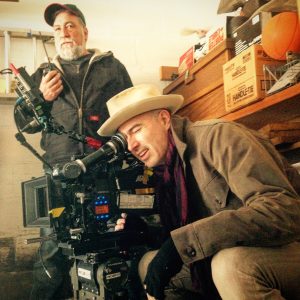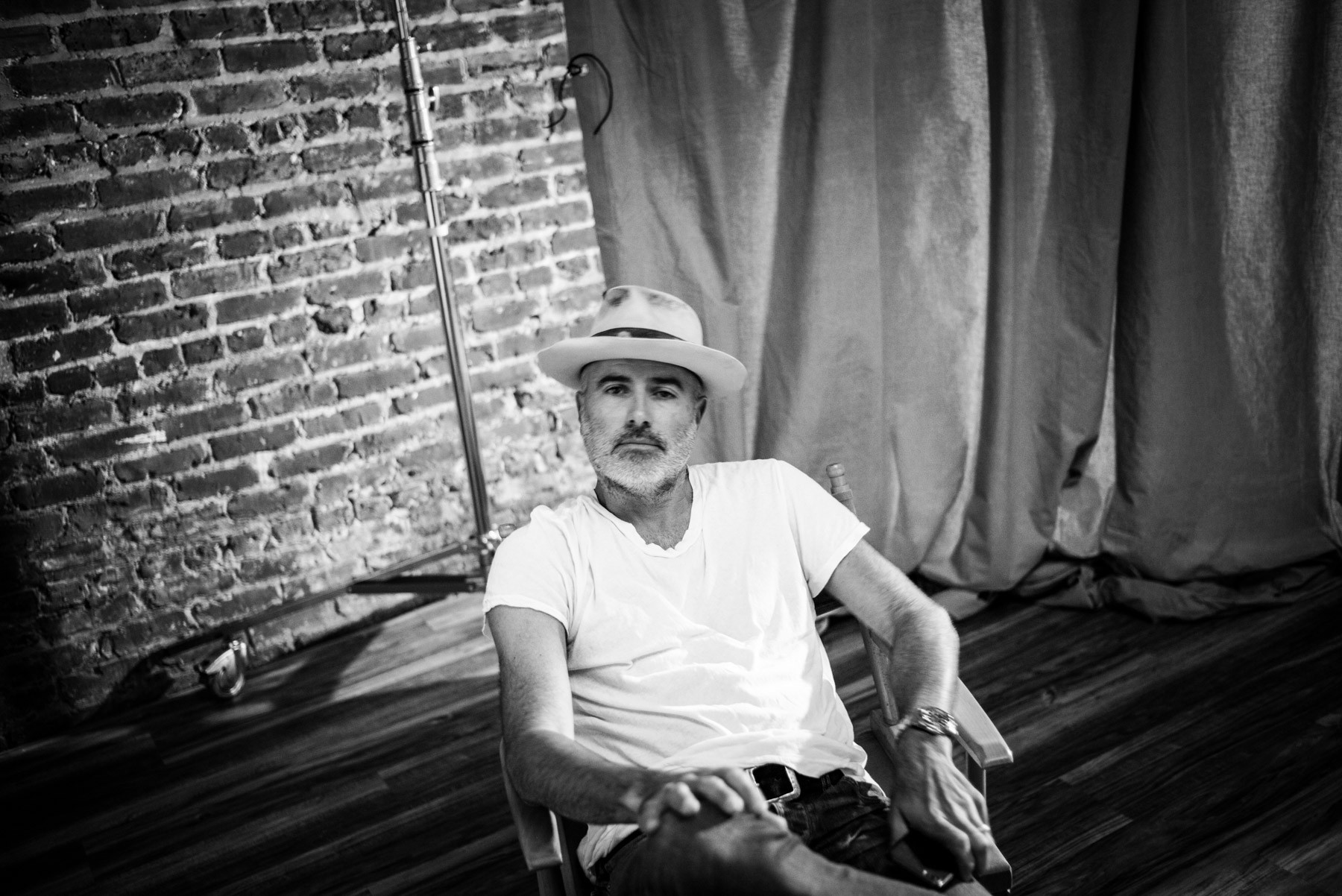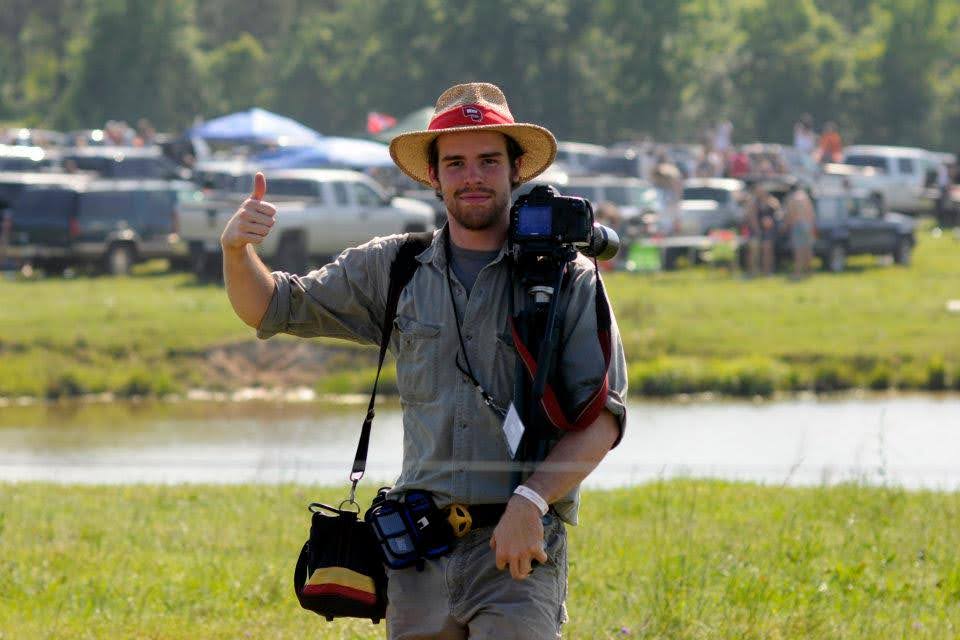
When Chris Stanford transferred to WKU in 1994 from a small college in Georgia, he never would have imagined the opportunities it would lead him to.
“I fell in love with photography when I was a high school student, but before that, I always thought I would be a newspaper reporter,” Stanford, who graduated with a photojournalism degree, said. “I came from a really small town in south Georgia, and the only storytellers that I knew from my town was the little newspaper, so I just thought that’s what I would do.”
Stanford’s decision to transfer was inspired by Dave Labelle, a former WKU photojournalism program faculty member. Labelle showed a slideshow about one of his books to the journalism department of Georgia College, shifting Stanford’s perspective on journalism and what he wanted to pursue.
“I went up and said, ‘You know, I would love to learn how to do that,’” Stanford said. “He told me the place to do that is Western Kentucky (University).”
Once at WKU, Stanford freelanced for the Herald during his first year. With the competitive nature and limited staff spots at the time, freelancing was his best option to compete with other photographers.
“Everyone was trying to get their photos in the Herald. We were always out shooting features and trying to get published,” Stanford said. “So, at that time the professors really encouraged us to do as much work as possible for the Herald.”

Stanford’s dedication landed him a spot as a staff photographer at the Herald, and he eventually worked his way up to become the picture editor.
The long hours and dedication to the newsroom have impacted his career to this day. Now a film director in Los Angeles, Stanford used skills he learned at WKU to build his way up and has worked with clients such as Vanity Fair, ESPN and Rolling Stone.
“(The competitive nature) was a very encouraging environment that really pushed everybody to dream big,” Stanford said. “We worked at the Herald and thought we could graduate and work anywhere. It created a sense of accomplishment.”
Stanford said the Herald’s environment offered limitless opportunities.
“They (the staff) demanded excellence, but they also encouraged you to really take a swing at crazy stuff,” Stanford said. “They never said ‘no’. They were always open to innovative and fresh ideas.”
Stanford said working at the Herald allowed him to truly understand journalism and the impact it can have.
“I remember standing there (during a protest on campus), and I was from a small town in south Georgia where no one really expressed any different opinions,” Stanford said. “I’ll just never forget that, that feeling of standing there with all of those angry students shouting at the staff, and remembering how much power the newspaper actually can have.”










